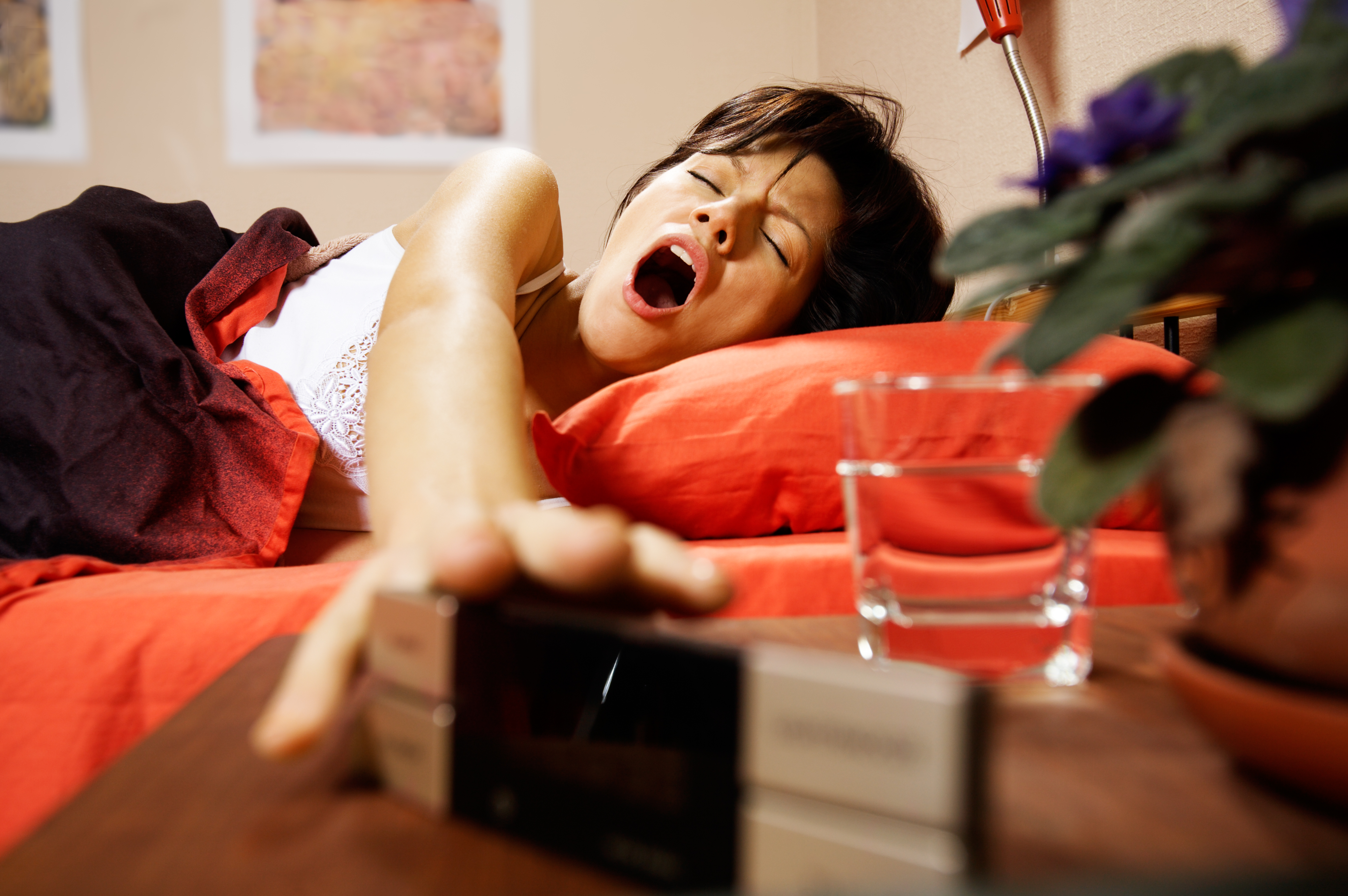Are there Mental Health Benefits to Being a Morning Person?
Many of us identify ourselves as either a morning person or a night owl, and these preferences are at least partly the result of our genes. New research finds associations between the timing of your sleep/wake preferences and your mental health.

The study from researchers at the University of Exeter and Massachusetts General Hospital suggests that being genetically programmed to rise early may lead to greater well-being and a lower risk of depression and schizophrenia.
People’s internal biological clocks, or circadian rhythm, align with the cycle of day and night. A person’s chronotype is the sleep/wake behavior associated with their circadian rhythm—the propensity to either wake early and get tired in the evening or to wake up later and slower and then be wide awake late into the night. Many people fall somewhere in between.
In addition to our genetic make-up, our preference for waking time is influenced by exposure to light, especially sunlight, and lifestyle or societal influences. Our chronotypes typically change over our lives, generally start early for young children, become later for teens and then get earlier again as we get older.
The research, published in Nature Communications, found that being a morning person is causally associated with better mental health, but does not affect the risk of obesity or the risk of Type 2 diabetes as some previous research had suggested. The study looked at genetic data and activity monitor data from more than 85,000 individuals. The study was not looking at the quality or length of sleep, but at the timing. Early risers and night owls got about the same amount of total sleep.
Mike Weedon, Ph.D., with the University of Exeter Medical School, who led the study, said in a statement: "The large number of people in our study means we have provided the strongest evidence to date that 'night owls' are at higher risk of mental health problems, such as schizophrenia and lower mental well-being, although further studies are needed to fully understand this link."
Other research, published in the Journal of Psychiatric Research, suggests that chronotype may influence the risk of depression in middle-to older-aged women. Women who were night owls were at slightly greater risk of depression and those who woke early were at slightly lower risk of depression compared to women who slept more traditional hours in between the two.
The Sleep Foundation provides some tips on how to go about changing your sleep/wake pattern from a night person to a morning person. Start by gradually adjusting your morning hours, setting your alarm a few minutes earlier each day. Bring on bright light, natural or artificial, in the morning. If possible, adjust your evening activities a bit earlier. To help adjust quicker, keep a consistent schedule even on the weekends.
References
- Jones, S.E., et al. Genome-wide association analysis of chronotype in 697,828 individual provides insights into circadian rhythms. Nature Communications. 2019, 10:343.
- Williams, A. Maybe Your Sleep Problem Isn’t a Problem. New York Times. Aug. 25, 2018.
- Vetter, C., et al. Prospective study of chronotype and incident depression among middle- and older-aged women in the Nurses’ Health Study II. Journal of Psychiatric Research. Volume 103, August 2018, Pages 156-160.
